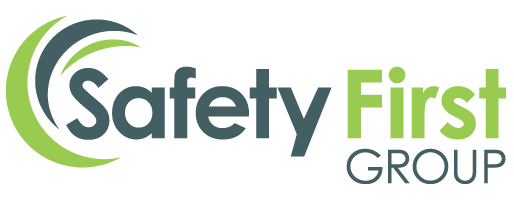In high-hazard industries, where exposure to harmful substances and complex processes is part of the daily routine, basic health and safety risk assessments just don’t go far enough.
A generic risk assessment might tick the compliance box—but it won’t detect invisible hazards, protect your workforce from long-term harm, or withstand scrutiny from the HSE.
If you operate in manufacturing, energy, construction, engineering, or logistics, it’s time to look beyond the basics.
At Safety First Group, we specialise in comprehensive, evidence-based risk assessments tailored to the complex challenges your site and workforce face.
Why Standard Risk Assessments Fall Short
1. They Don’t Detect Exposure Limits
Noise, dust, fumes, EMFs—these hazards are often invisible. Without specialist monitoring equipment and expert interpretation, you won’t know if you’re over the legal limit… until it’s too late.
2. They Overlook Specialist Hazards
From Hand-Arm Vibration Syndrome (HAVS) to Legionella in water systems, standard assessments often miss the specific dangers that come with certain environments or processes.
3. They Lack Measurable, Evidence-Based Data
HSE inspections demand proof. Our assessments deliver precise, quantified results, not just observations—so you can take action and demonstrate compliance with confidence.
4. They Aren’t Tailored to Your Site or Staff
A one-size-fits-all template doesn’t reflect the realities of your workplace. At-risk employees—such as those with medical implants or exposure to specific chemicals—need personalised assessments based on their working day and the equipment they use.
What you need instead? Specialist risk assessments from Safety First Group.
We offer industry-leading risk assessments that help you:
Our specialist risk assessment services include:
Each report includes real data, clear recommendations, and legally compliant documentation you can use in audits, tenders or inspections.
Don’t leave it to chance. If your workplace involves high-risk environments, don’t settle for a standard assessment. Work with a partner who understands the complexity—and the consequences.
